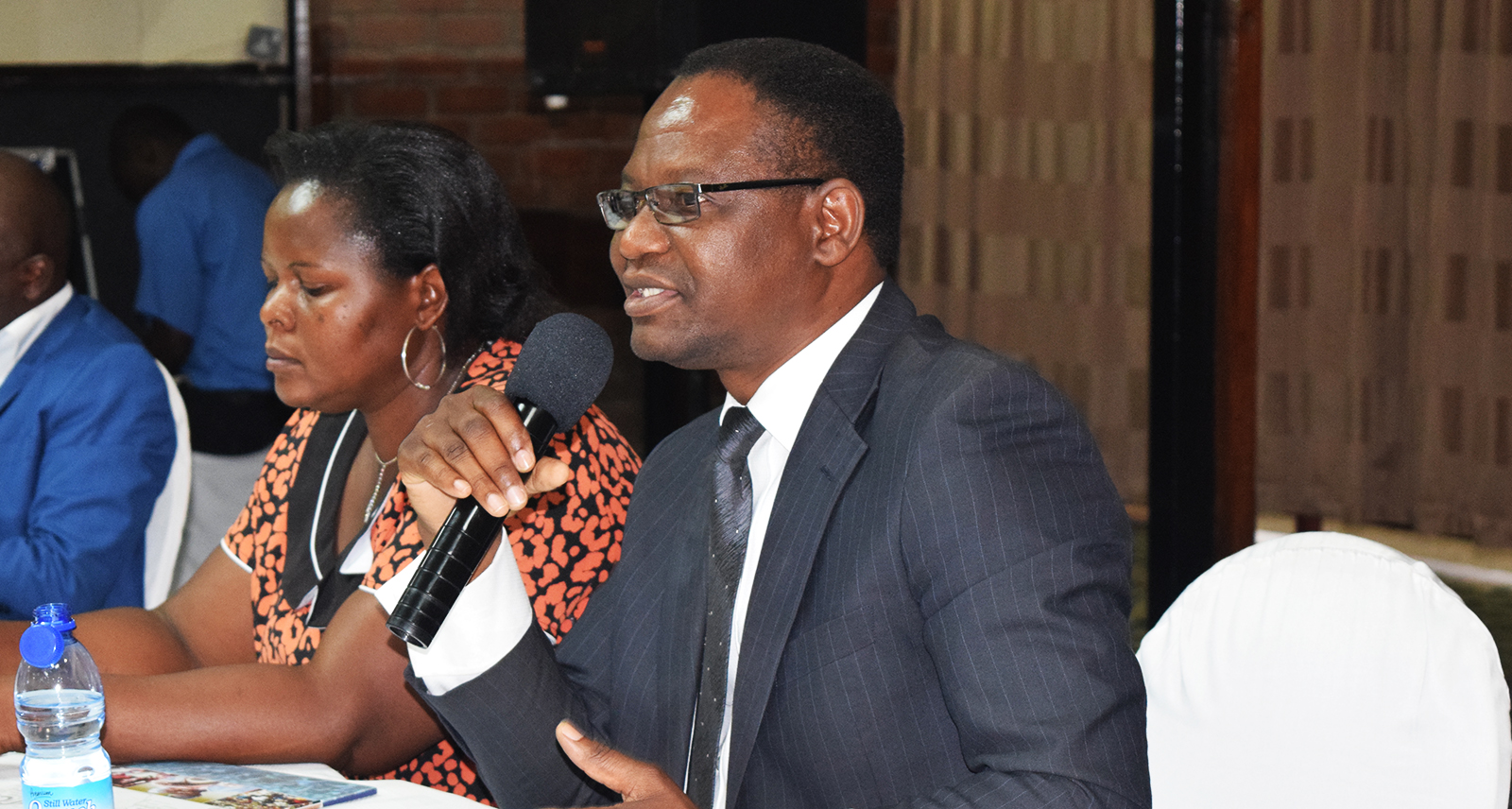Blogs

An engaging forum, in the form of a science policy cafe took place on September 27, 2016, in Lilongwe, Malawi focusing on the issue of youth employment, particularly why graduates from tertiary institutions are failing to get employment upon graduation. The forum whose theme was Integrating Transferable Skills into the formal education curriculum for Malawi’s socio-economic development was hosted by AFIDEP. It was moderated by Dr. Esthery Kunkwenzu, who is a Senior Lecturer in the Education Department at Chancellor College. It was intended to ignite deliberations, research, and strengthen individual and institutional linkages among stakeholders within education policymaking, planning and programming.
Participants were in agreement that one of the key reasons why graduates from universities and tertiary level colleges are failing to get employment is lack of transferable skills. These have been defined as “soft” skills that can be applied across different work and life situations. They include effective communication and collaboration, creative thinking, problem solving, leadership, confidence and time management. It was observed that most youth in Malawi are not well educated and lack these skills, which happen to be what most employers look for.
“In 2013, 81.8 percent of youth aged between 15 and 29 years were under-educated for the work they did. Mainstreaming of transferable skills in formal school curricular is recognised as one of the key strategies to enhancing the productivity and improving the employment prospects of young people and eventually harnessing… Click To Tweet,” observed Dr. Grace Kumchulesi, a Knowledge Translation Scientist from AFIDEP, while making some introductory remarks.
A panel of education and skills development experts led with contributions on various aspects of the deliberations. This was followed by contributions and discussions by the rest of the participants. The keynote presentation was made by Dr. Richard Mussa, Senior Lecturer in the Economics Department, Chancellor College. Other panelists were Mr P. Mphadzula, Ministry of Education, Science and Technology, Ms Tendai Banda, Youth Representative, World University Services of Canada, Mr Benedicto Kondowe, Civil Society Education Coalition and Ms. Jessie Kazembe, UNESCO.
Speakers at the Café emphasised that in addition to the technical skills, Malawians need to be equipped with soft skills that can be applied across different work and life situations. Other such skills include financial literacy, long-sightedness and umunthu philosophy that includes ethics and morality.
Most speakers agreed on the need for curriculum reforms, to make it relate and be responsive to the needs of the labor market. The curriculum also needs to cater for dynamics in knowledge, skills and the global economy. As such, depth of the current curriculum needs to be analysed to make it more relevant for application. These reforms require the full involvement of young people, teachers and parents, the Government, industry, development partners, NGOs and research institutions. The success in the education sector depends on the success in all the other sectors for development. There should be strengthened collaboration to ensure simultaneous progress in all sectors, which will then maximize the size of the demographic dividend that Malawi can yield from its youthful population.
Participants also called for increased use of ICT in the education sector. ICT has potential to leapfrog development of a country. By making learning virtual, for example, academic performance of students can improve, as they learn to understand, rather than read for examinations. Books could be recorded on DVD and online training could be offered to reach out to learners without physically sitting in a classroom.
It was noted that financial constraints, lack of technical capacity, lack of evidence-informed policy making and non-implementation of policies remain the main drawbacks in enhancing progress in the education sector. These challenges go beyond the education sector. Stakeholders in the education sector and in all other sectors of the economy need to work together towards strengthening the education sector and building a human resource that is highly skilled and productive for socio-economic transformation of the country.
The café was attended policymakers, researchers, educationists, development partners, civil society organisations, private sector, youth representatives and the media. It was made possible through funding by the Flora and William Hewlett Foundation under the Enabling Evidence Informed Development Policies in sub-Saharan Africa (EVI4DEV) Project.
Related Posts





